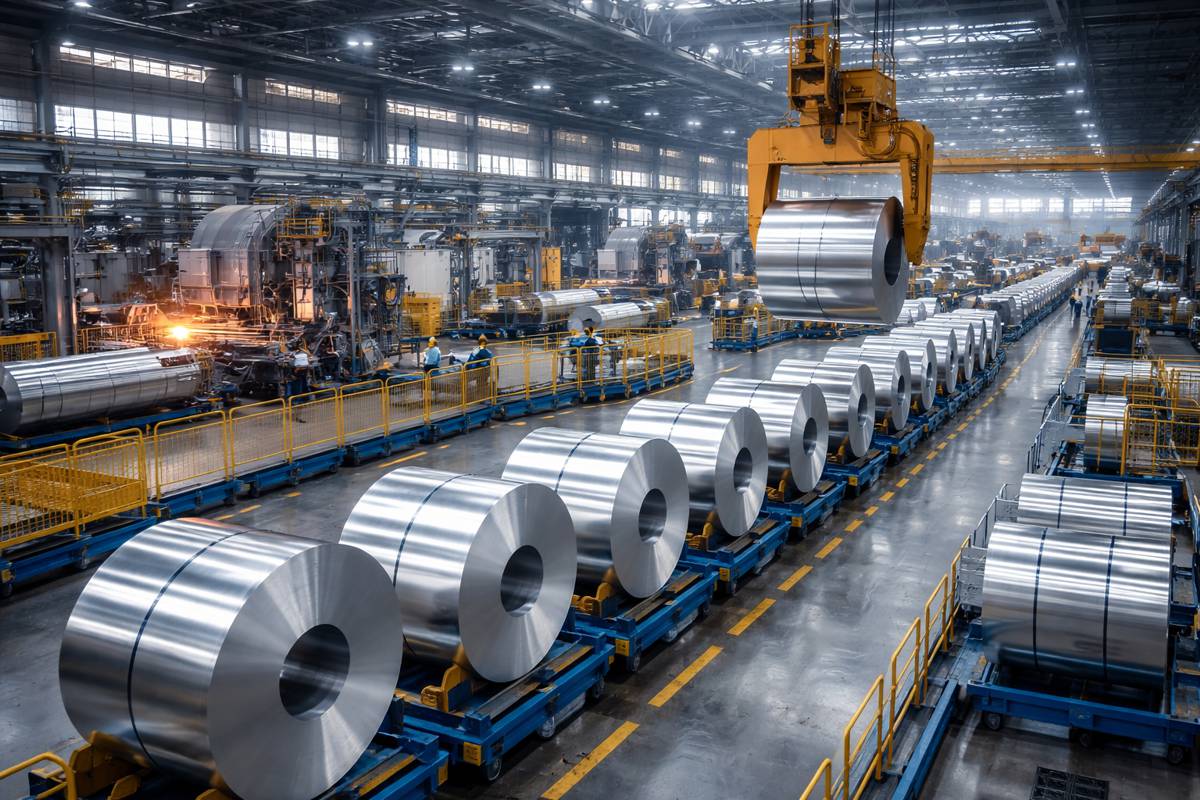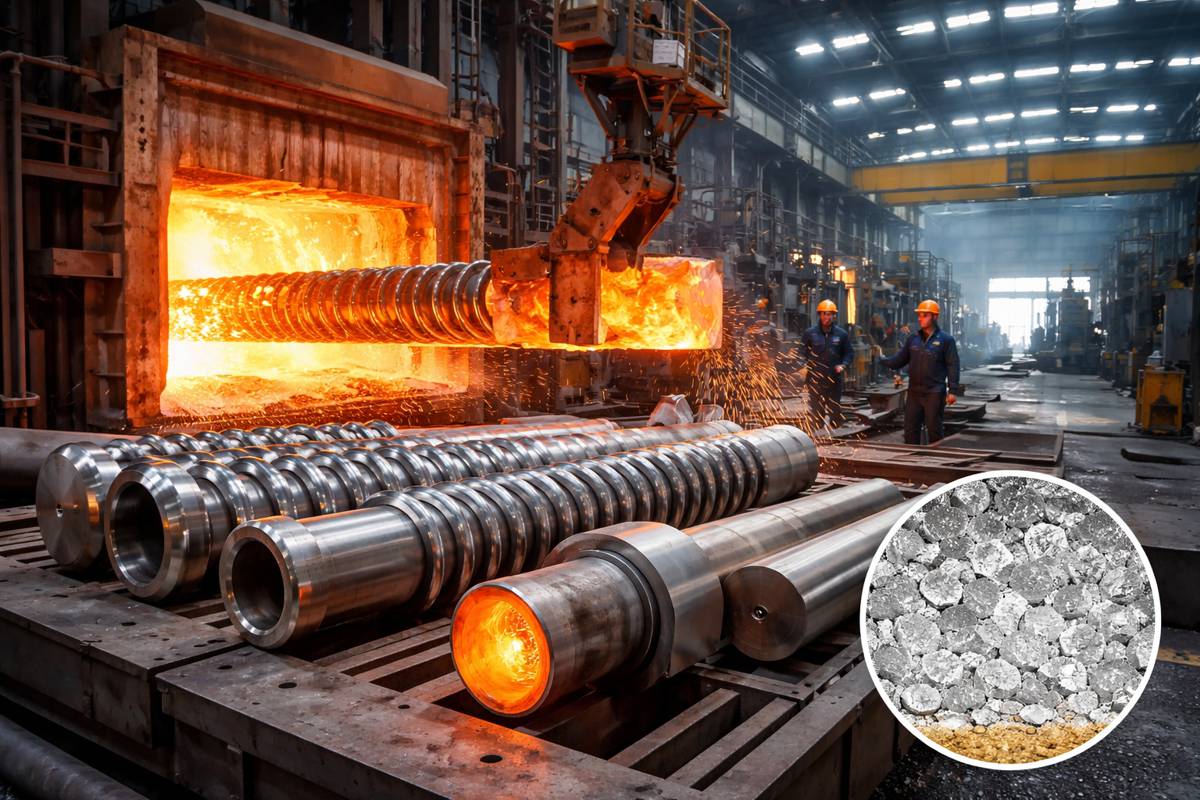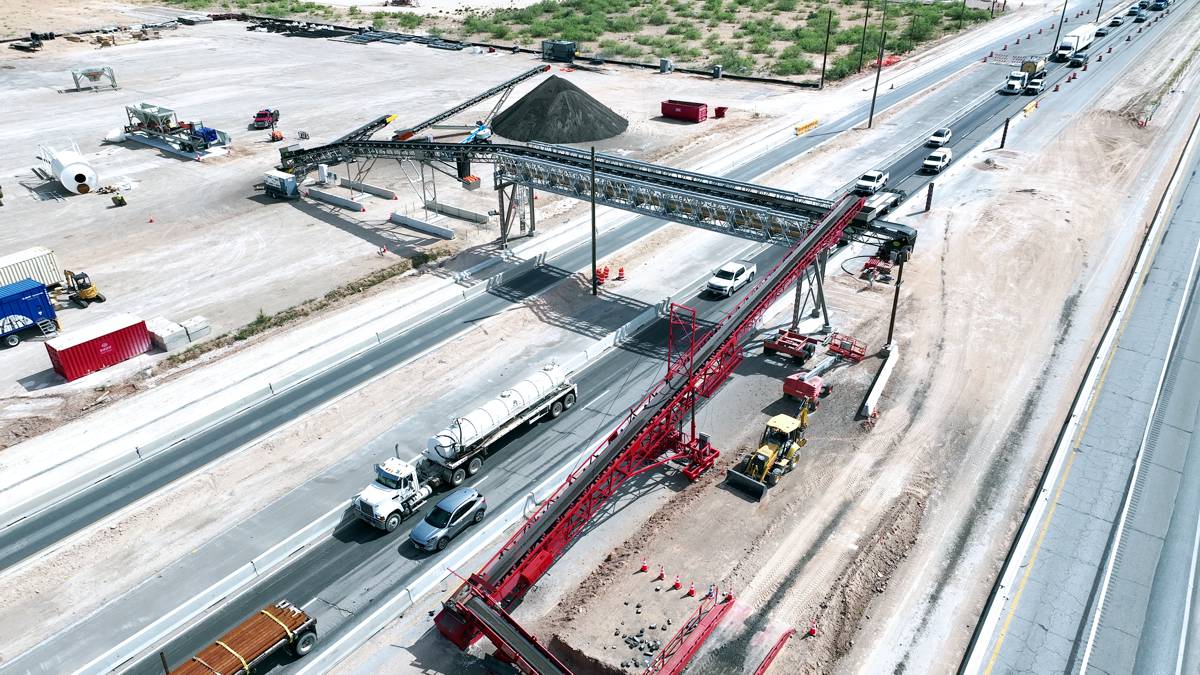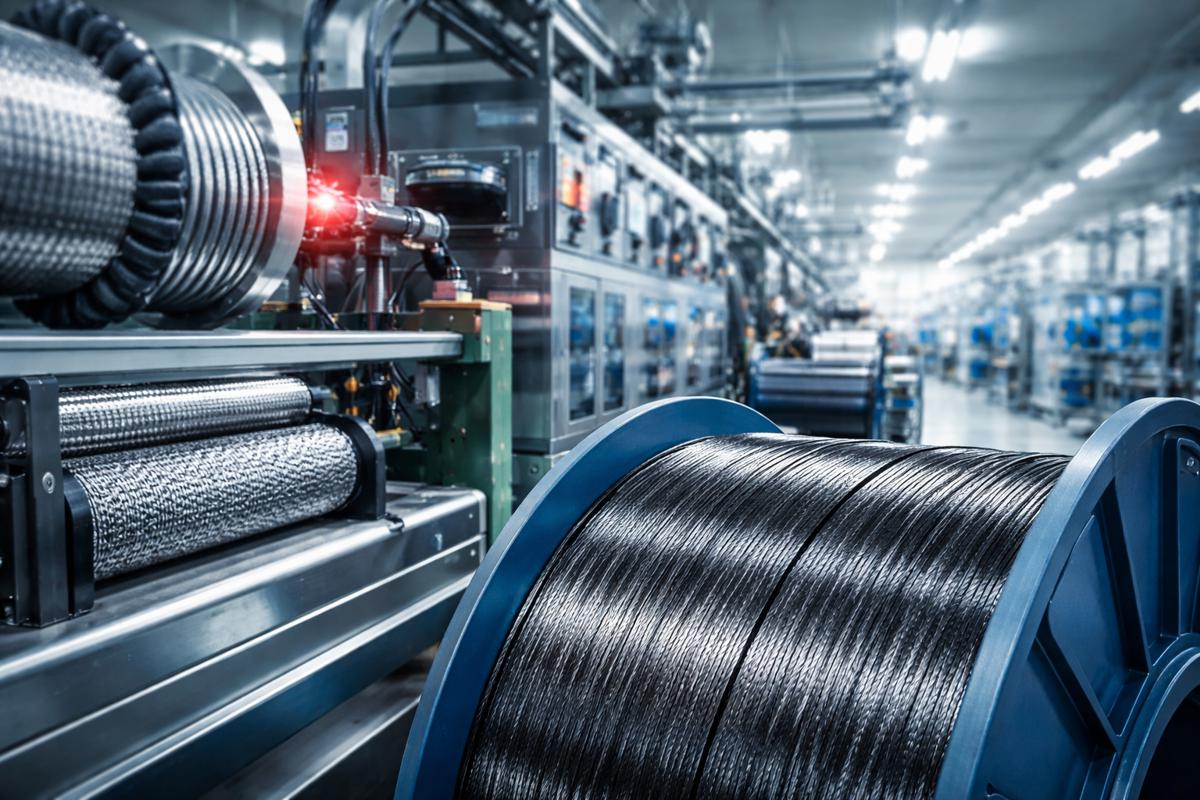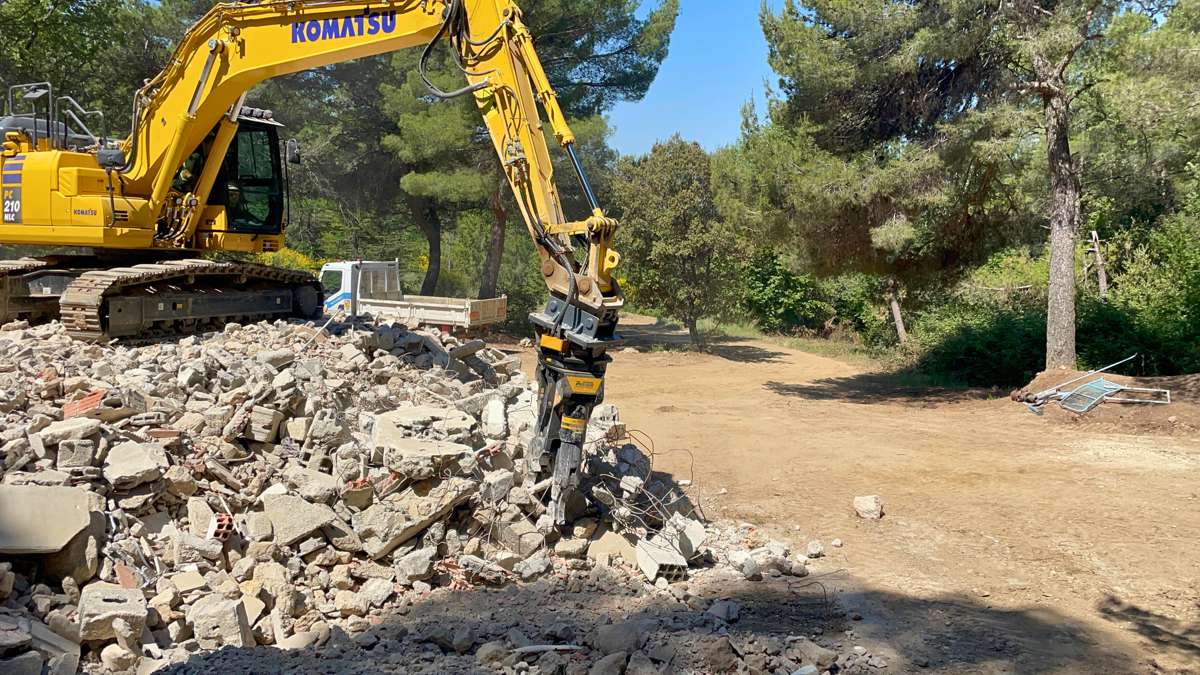ACO Water Management launches V-Septor for SuDS Management
ACO Water Management has launched its new advanced hydrodynamic separator, the V-Septor.
Throughout the construction industry, there is an onus on reducing environmental impact. This is especially true when it comes to water management, as increasing urbanisation means that more sophisticated drainage is necessary.
By removing sediment-bound contaminants, ACO’s V-Septor helps to mitigate against potential damage that can be caused by pollutants in surface water runoff. The advanced vortex separator is designed to work in conjunction with water management systems as an integral part of the SuDS (sustainable drainage systems) management train.
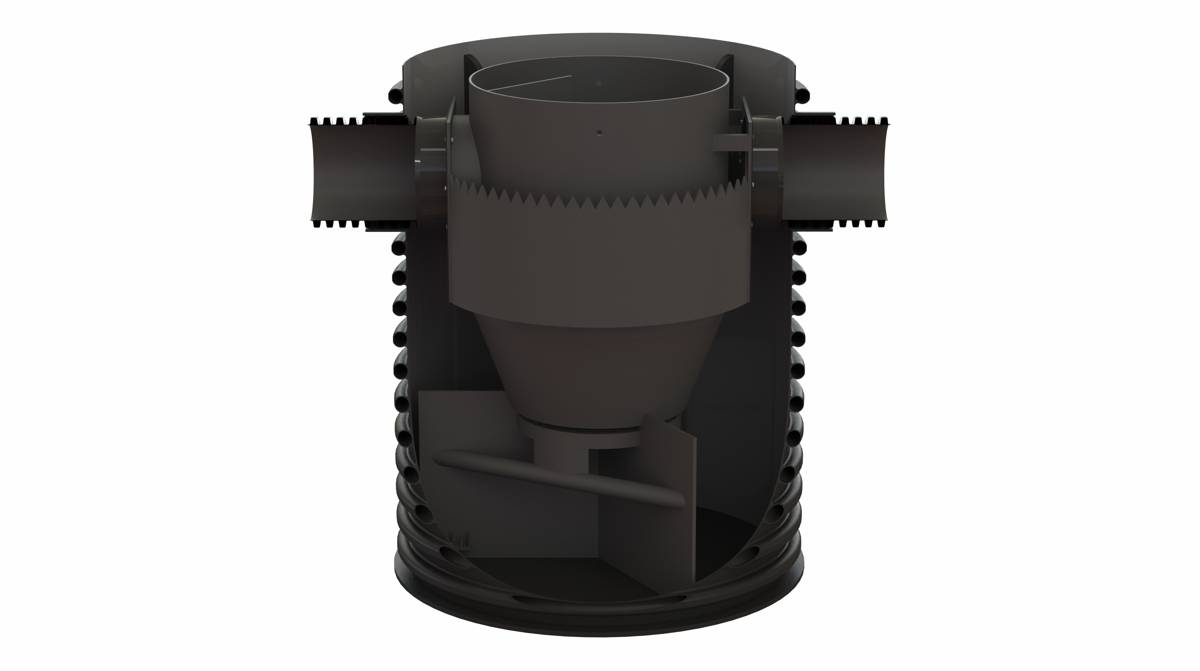
Nick Burchett, Regional Specification Manager at ACO Water Management, comments: “The SuDS management train requires four key steps: collect, clean, hold, release. Separators are crucial in the ‘clean’ element of water management, helping to prevent pollution from entering into soil and watercourses.
“It also performs a secondary function, as it can reduce sediment build-up in attenuation tanks downstream. When installed prior to ACO StormBrixx, for example, it decreases how often the tank has to be cleaned and maintained, because less silt is flowing down the system.”
V-Septor is available in six different sizes and crucially, it is straightforward to integrate into existing systems as it is fitted directly into a HDPE (high-density polyethylene) chamber. Within the V-Septor itself, maintenance is made as straightforward as possible thanks to an open central structure that allows a suction hose to be used. This contributes to a highly usable hydrodynamic separator that is suitable across a wide range of applications, including warehouses, commercial and delivery yards, car parks, and ports.
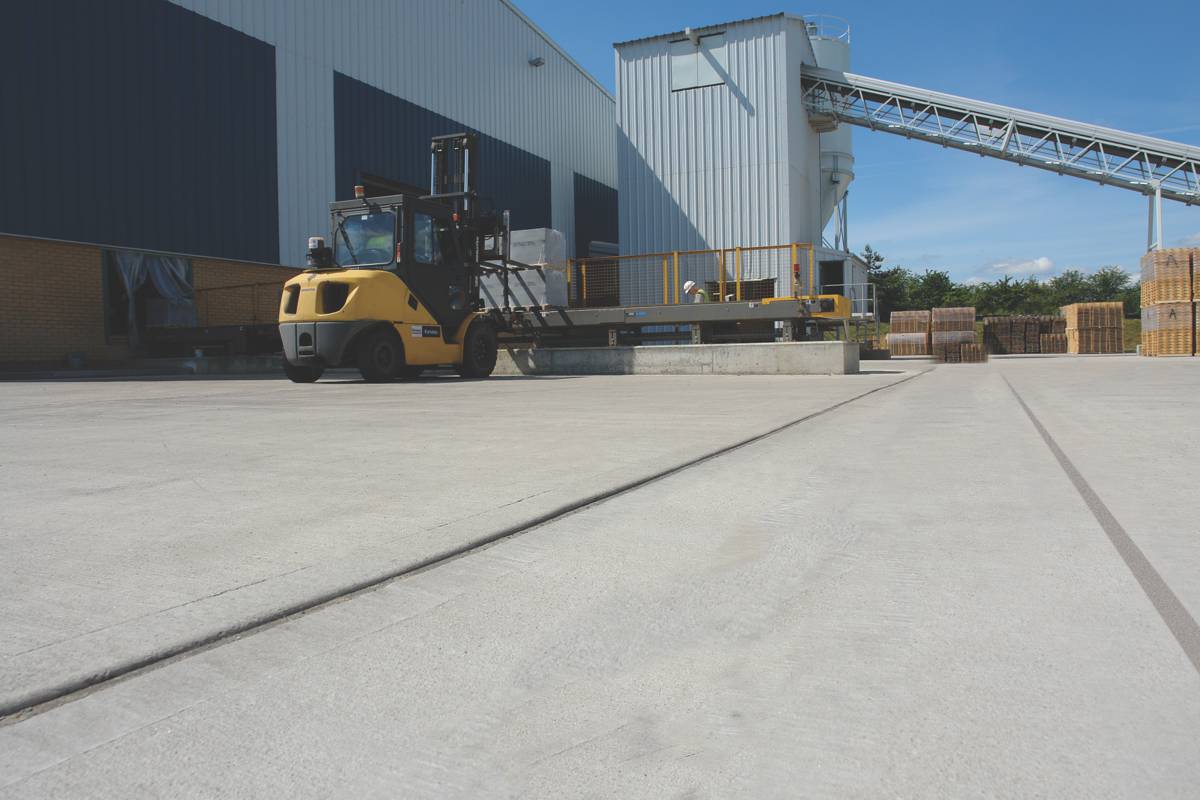
Nick concludes: “Sustainability is no longer something that construction projects can simply think of as an afterthought – it is central to most specification and installation decisions. Our new V-Septor is a critical component of a SuDS system that seeks to limit negative effects on the surrounding area, all the while continuing to offer optimum hydraulic capacity.”





















